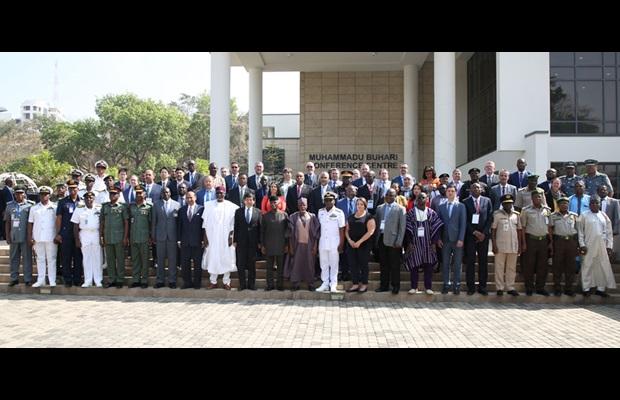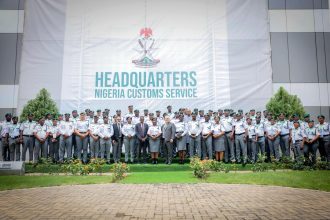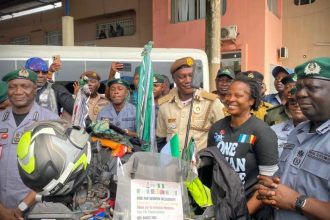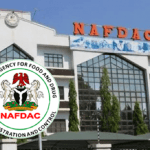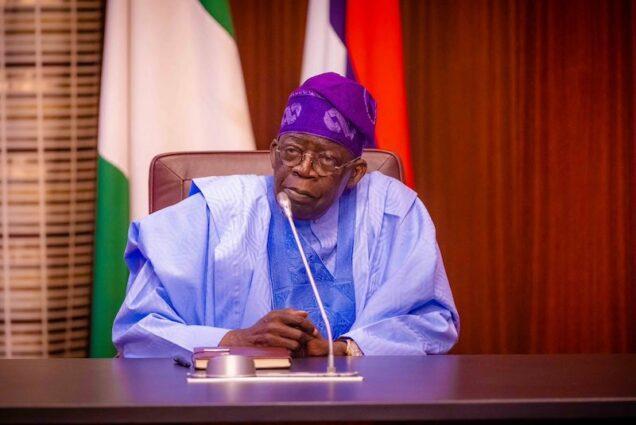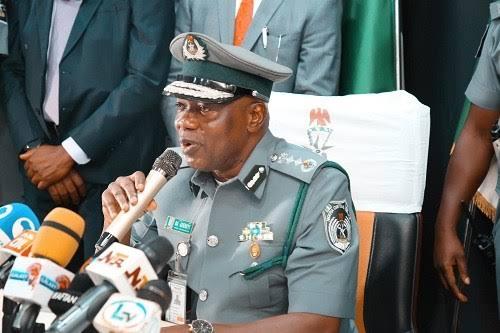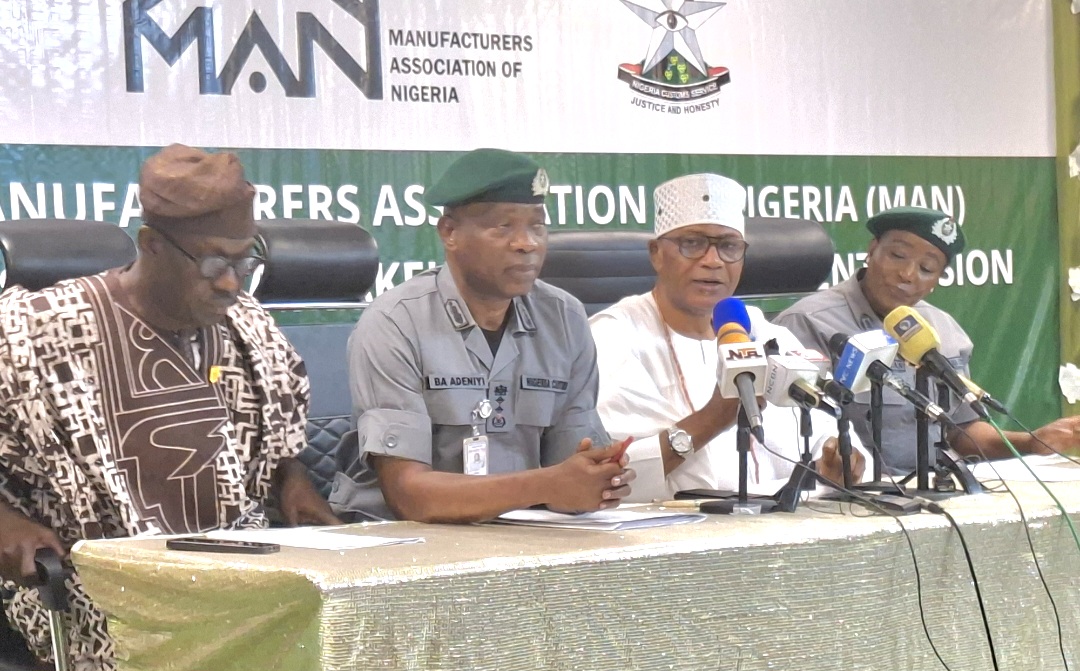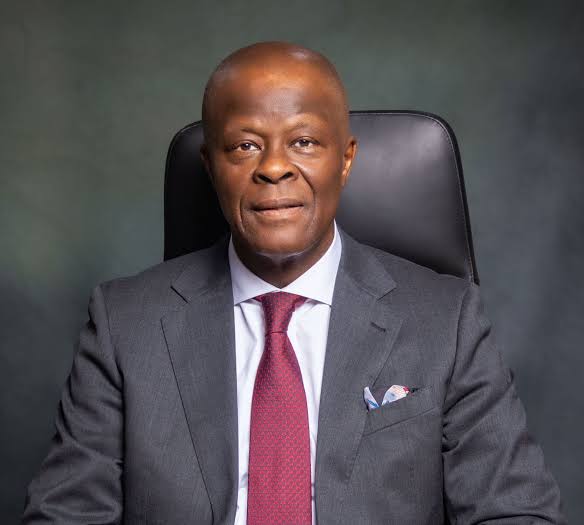BRUSSELS : The World Customs Organization (WCO), in cooperation with the Nigerian Customs Service (NCS), organized a Global Conference entitled “Enabling Customs in Fragile and Conflict-Affected Situations” in Abuja, Nigeria. The event, which took place from 31 January to 2 February 2023, brought together more than 100 representatives of Customs administrations from over 40 countries to discuss the role of their administrations in fragile and conflict-affected situations (FCS) and the way in which the WCO can support its Members in shaping their strategies in response to these complex environments. They were joined by representatives from various United Nations agencies and the donor community.
Fragile borders are areas where state agencies, particularly Customs, are unable to operate properly owing to the insecurity created by non-state armed groups. Insecurity and disruption of the State’s administration affect the border economy and the livelihood of border communities. The Conference highlighted the similarities that exist across several regions with regard to fragile borders: the role of borders as symbolic and economic resources for communities, the embeddedness of smuggling in social activities, the connection between smuggling and mining activities, and the informal taxation levied by non-state armed groups, such as terrorists, criminal gangs or guerrillas, on traders and cross-border flows of commodities.
In his opening speech, WCO Secretary General Kunio Mikuriya reminded participants of the objective of this event, namely to transform the outcomes of the WCO field research initiated in 2016 in more than 14 countries into a practical action plan for all Members impacted by fragility and conflict. “We aim at refining our analysis and at fuelling an Action Plan on Fragile Borders that should guide the activities of the WCO over the coming years in this area”, he said.
General Hameed Ibrahim Ali, Comptroller Nigeria Customs Services, also welcomed delegates and explained that “fragile situations calls for an analysis of the role of Customs in national security policies, the capacity and tools available to Customs as well as strategies in enabling Customs and the coordination between agencies of government in effectively managing fragile and conflict situations at borders”.
He was followed by Vice President Prof Yemi Osinbajo who pointed out that “fragile borders not only aggravate conflicts, they rob the states of crucial income that could address some of the social issues that contribute to conflict. It is obvious from the sheer number of fragile borders, and the convergence of fiscal and security issues at such borders, that governments must actively redefine the role of Customs to be properly integrated into the security architecture.”
The Conference has provided an opportunity to cross-fertilize the policy debates on fragile borders from Customs, anti-terrorism, humanitarian and economic perspectives, and to extend both geographically and conceptually the notion of fragile borders that has been explored so far by the WCO.
Several administrations presented the challenges they are facing and the strategies they have adopted to adapt in times of war or when under threat by terrorist groups, criminal gangs and guerrillas. These include reallocating staff, establishing local and national cooperation mechanisms with security authorities, and maintaining relationships with traders in fragile areas.
The Conference also provided an opportunity for national experts of Customs administrations affected by fragility and conflicts to exchange ideas on technical arrangements, equipment and methods to be adopted in those specific situations. In particular, they focused on institutional arrangements and inter-agency cooperation schemes such as the establishment of multi-agency information and intelligence teams, cooperation with the armed services to secure Customs patrols, the adaptation of taxation to special circumstances, the establishment of specialized multi-agency intervention teams and the creation of Fusion Centres with the aim of bringing together several agencies to act as a primary and unified border security unit. The importance of establishing procedures and arrangements to enhance coordination between Customs administrations and humanitarian actors in the context of fragility and complex emergencies was also addressed.
Participants later examined equipment used by Customs as well as technologies such as unmanned aerial vehicle (UAV) systems for monitoring the movement of individuals and means of conveyance, satellite imagery to optimise the management of land or maritime borders, and the WCO COLIBRI geoportal to support field officers in the fight against drug trafficking conveyed by general aviation. The use of geospatial intelligence in general helps Customs administrations to integrate a geographic perspective into their enforcement and surveillance strategies and tactics. The European Space Agency and the United Nations Satellite Centre (UNOSAT) demonstrated how satellite imagery could help Customs to detect suspect economic changes in border areas as well as the secret desert paths and tracks used by smugglers.
Several Customs administrations shared their policies and practices related to the training of Customs officers operating at fragile borders. Specific training should be adapted to operations in insecure borderlands and should enable Customs to interoperate with security and defence forces. Moreover, joint training between Customs and internal security forces was highlighted as a specific and efficient way to generate greater trust and cooperation on the ground between Customs and other forces operating in borderlands such as the Army, Police Force and Water and Forestry Police.
Finally, the delegates shared their views on the WCO draft Action Plan on FCS and discussed how donors can effectively support Customs in fragile and conflict-affected situations. The Action Plan aims to adapt the WCO’s existing instruments, tools and training programmes, develop new guidance, tools and specific training in connection with FCS, and conduct further research into Customs and fragile borders in the context of the new situations presented during the Conference.



